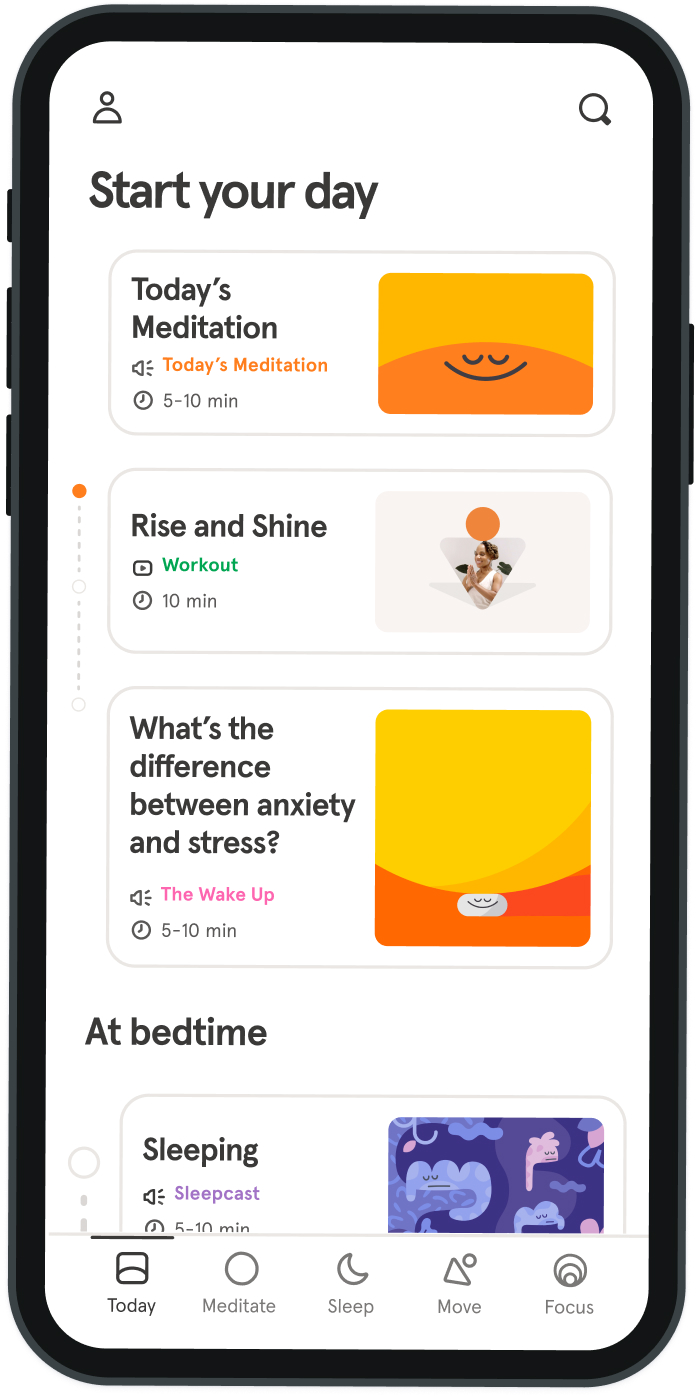Why so many people choose grudges over forgiveness
As the old saying goes, “Revenge is the only debt paid promptly and with pleasure.” You’d be hard-pressed to come by truer words. There’s an undeniable thrill that accompanies the scheming and administering of a perceived deserved punishment after being wronged.
In fact, retribution is a recurring storyline in literature and movies, and a common thread in our everyday lives. Try to get through the week without hearing a phrase like, “karma’s a bitch,” or “I’ll give them a taste of their own medicine.” This acute craving for justice can block out our otherwise intact empathy and foresight of any impending aftermath. Then, moments after dishing out just desserts, we’re often left with nothing but crumbs of remorse. What fuels our desire to seek revenge “We feel the need to get revenge when we feel like we have been slighted, at a disadvantage, disempowered, treated poorly, threatened, or placed in an unfair situation due to someone or something,” explains Dr. Ariane L. Machin, a clinical psychologist in Raleigh, N.C. “The most common emotions that accompany this type of situation can be feelings of anger, resentment, frustration, and deep hurt. We often don’t feel like we have a way out to express ourselves unless we get back at whatever or whoever caused this turmoil.”
We can feel disempowered after someone wrongs us, even if they do so unintentionally or without malice. Afterward, there’s often a primal urge to regain control, demonstrate power, and, ultimately, self-preserve. “It takes an unusually positive, optimistic, easygoing person to be able to just let it go,” notes Dr. Fran Walfish, a family and relationship psychotherapist and author based in Beverly Hills, California. “‘Just letting it go’ is easier said than done because it leaves you holding the intense rage with no place to expel your aggressive impulses.” We can’t simply wish away reactions of anger or frustration after feeling offended. Self-diffusing requires us to first identify why we’re so upset, followed by a deliberate channeling of emotions into a thoughtful response. This can be difficult because it’s not intuitive; our ingrained impulse is to lash out and protect, not to look inward and act retrospectively. Taking a counter-intuitive approach can be done, though, and may be in your best interest.
The self-inflicted toll of grudges and revenge
According to Manchin, holding onto a grudge can contribute to falling into negative thought spirals. “[Research shows] that when we are in a specific mood state, we are more likely to elicit memories from the past that are congruent with our current mood,” says Machin. “Thus, if you are feeling negative and frustrated and angry [after being wronged], you are more likely to recall memories of when you were feeling similarly. This does not help you shift out of this cycle and instead, can contribute to compressing your current emotions.” When seeking revenge, we can risk important relationships, and a healthy well-being by instead holding onto intense anger. “Often, it’s those who mean the most to us that evoke the strongest hurt and anger. The risk is that you lose a deeply meaningful relationship—not a small loss,” says Walfish. She adds, “There are negative physical and medical risks posed with holding onto an angry grudge. They include heart disease, high blood pressure, headaches, digestive imbalances, insomnia, anxiety and depression, skin problems including eczema, and stroke.”
We can feel disempowered after someone wrongs us, even if they do so unintentionally or without malice. Afterward, there’s often a primal urge to regain control, demonstrate power, and, ultimately, self-preserve. “It takes an unusually positive, optimistic, easygoing person to be able to just let it go,” notes Dr. Fran Walfish, a family and relationship psychotherapist and author based in Beverly Hills, California. “‘Just letting it go’ is easier said than done because it leaves you holding the intense rage with no place to expel your aggressive impulses.” We can’t simply wish away reactions of anger or frustration after feeling offended. Self-diffusing requires us to first identify why we’re so upset, followed by a deliberate channeling of emotions into a thoughtful response. This can be difficult because it’s not intuitive; our ingrained impulse is to lash out and protect, not to look inward and act retrospectively. Taking a counter-intuitive approach can be done, though, and may be in your best interest. The self-inflicted toll of grudges and revenge According to Machin, holding onto a grudge can contribute to falling into negative thought spirals. “[Research shows] that when we are in a specific mood state, we are more likely to elicit memories from the past that are congruent with our current mood,” says Machin. “Thus, if you are feeling negative and frustrated and angry [after being wronged], you are more likely to recall memories of when you were feeling similarly. This does not help you shift out of this cycle and instead, can contribute to compressing your current emotions.” When seeking revenge, we can risk important relationships, and a healthy well-being by instead holding onto intense anger. “Often, it’s those who mean the most to us that evoke the strongest hurt and anger. The risk is that you lose a deeply meaningful relationship—not a small loss,” says Walfish. She adds, “There are negative physical and medical risks posed with holding onto an angry grudge. They include heart disease, high blood pressure, headaches, digestive imbalances, insomnia, anxiety and depression, skin problems including eczema, and stroke.”
Healthier ways to deal with feeling wronged Even in the heat of the moment, we may subconsciously understand that chasing after a transient euphoria of revenge can be futile; it calls our integrity into question and can make us feel pretty terrible in the short and long run. There are healthier ways to purge feelings of anger, and we challenge you to consider a few new approaches:
1. Find a different physical outlet
Machin and Walfish agree that exercise is one of the most effective ways to release intense feelings that may drive a need for revenge. “The act of exercise matches the active energy within us to help it get out,” says Machin. “In this way, we are not ignoring the pain or anger, but we are giving it an opportunity to move so it is not stuck within us.”
2. Talk it out
Another way to re-channel your anger is to verbalize what’s wrong. You can start by talking it out with yourself in a journal—write when you’re angry at someone, and then identify the reasons why this particular offense triggered you. It’s also important to talk it out with the people who upset you in a non-abrasive, non-attacking way. “Verbalize directly to the source of your hurt and anger,” advised Walfish. “Say what ... hurt and angered you. If [they are] a true friend, [they] will care about your feelings and listen.”
3. Invest in yourself
Consider an investment in yourself the ultimate “revenge.” “If you are mad at a teacher for giving you a bad grade, instead of being rude to the teacher, take your revenge by doing amazing on the next assignment,” says Machin. “If you feel like someone has mistreated you or made negative comments about you, take your revenge by dressing in a way that makes you feel your best and do fun things. Laugh, enjoy yourself, and show them that they have little influence on the way you are going to operate your life.” The key here is to get satisfaction without hurting anyone else in the process. In the end, you’ll feel much better for it. Exercising, having meaningful discussions, and investing in yourself are all things that put the power back in your hands. So forget the just desserts and reach for something sweeter: integrity.


Be kind to your mind
- Access the full library of 500+ meditations on everything from stress, to resilience, to compassion
- Put your mind to bed with sleep sounds, music, and wind-down exercises
- Make mindfulness a part of your daily routine with tension-releasing workouts, relaxing yoga, Focus music playlists, and more
Meditation and mindfulness for any mind, any mood, any goal

Stay in the loop
Be the first to get updates on our latest content, special offers, and new features.
By signing up, you’re agreeing to receive marketing emails from Headspace. You can unsubscribe at any time. For more details, check out our Privacy Policy.
- © 2025 Headspace Inc.
- Terms & conditions
- Privacy policy
- Consumer Health Data
- Your privacy choices
- CA Privacy Notice
